EDITH WHARTON (1862-1937) was one of the most remarkable women of her time, and her immense commercial and critical success-most notably with her novel "The Age of Innocense" (1920), which won a Pulitzer Prize-have long overshadowed her small but distinguished body of supernatural fiction. Some of her finest fantastic and detective work (which oft times overlap) was first collected in 1909 in "Tales of Men and Ghosts." The psychological horror is as important as the literal one here, and subtle ambiguities characterized by the best of Henry James's work (such as "The Turn of the Screw") are also present in Wharton's character studies, such as "The Bolted Door." Is the protagonist a murderer, or is he mad? In the end it may not matter, for it is his descent into madness and obsession that gives the story its chilling frisson. Other tales present men (or ghosts, or what men believe to be ghosts) in a variety of lights, from misunderstood monsters to vengeful spirits to insecure artists. If you have never read Edith Wharton's fantasy work before, you will be captivated and delighted.
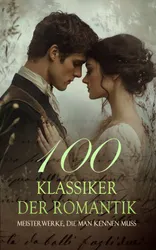
100 Klassiker der Romantik - Meisterwerke, die man kennen muss
Jane Austen, Louisa May Alcott, D. H. Lawrence, Fjodor Dostojewski, William Shakespeare, Hedwig Courths-Mahler, Frances Burney, Charlotte Brontë, Alexandre Dumas, Margaret Mitchell, Charles Dickens, L. M. Montgomery, Eugenie Marlitt, Wilhelmine Heimburg, Elisabeth Bürstenbinder, Stendhal, Johann Wolfgang von Goethe, Walter Scott, Guy de Maupassant, Victor Hugo, George Sand, Leo Tolstoi, Gabriele D'Annunzio, Rudyard Kipling, Gustave Flaubert, Nathaniel Hawthorne, Jean Jacques Rousseau, Bernardin de Saint-Pierre, F. Scott Fitzgerald, Prosper Mérimée, Edith Wharton, Lena Christ, François-René de Chateaubriand, Stefan Zweig, Alexander Sergejewitsch Puschkin, Ida Boy-Ed, Arthur Schnitzler, Anatole France, Johanna Spyri, George Eliot, Gaston Leroux, Nataly von Eschstruth, Gottfried von Straßburg, Sophie Mereau, Caroline von Wolzogen, Benedikte Naubert, Henry De Vere Stacpoole, Levin Schücking
book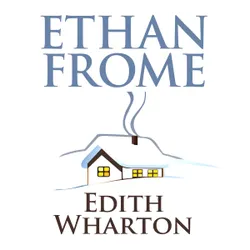
Ethan Frome
Edith Wharton
audiobookbook
Ethan Frome
Edith Wharton
audiobook
The Age of Innocence :
Edith Wharton
audiobook
The Age of Innocence : A Timeless Tale of Love, Sacrifice, and Society's Expectations
Edith Wharton, Zenith Blue Ridge Books
book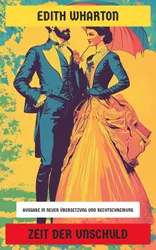
Zeit der Unschuld : Ausgabe in neuer Übersetzung und Rechtschreibung
Edith Wharton
book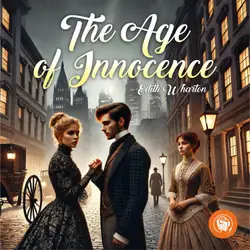
The Age of Innocence
Edith Wharton
audiobookbook
The Age of Innocence
Edith Wharton
book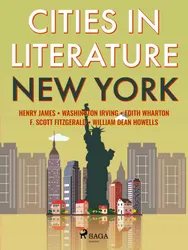
Cities in Literature: New York
F. Scott Fitzgerald, William Dean Howells, Washington Irving, Henry James, Edith Wharton
book
Hudson River Bracketed
Edith Wharton
book
Madame de Treymes
Edith Wharton
book
Fighting France : From Dunkerque to Belfort
Edith Wharton
book
